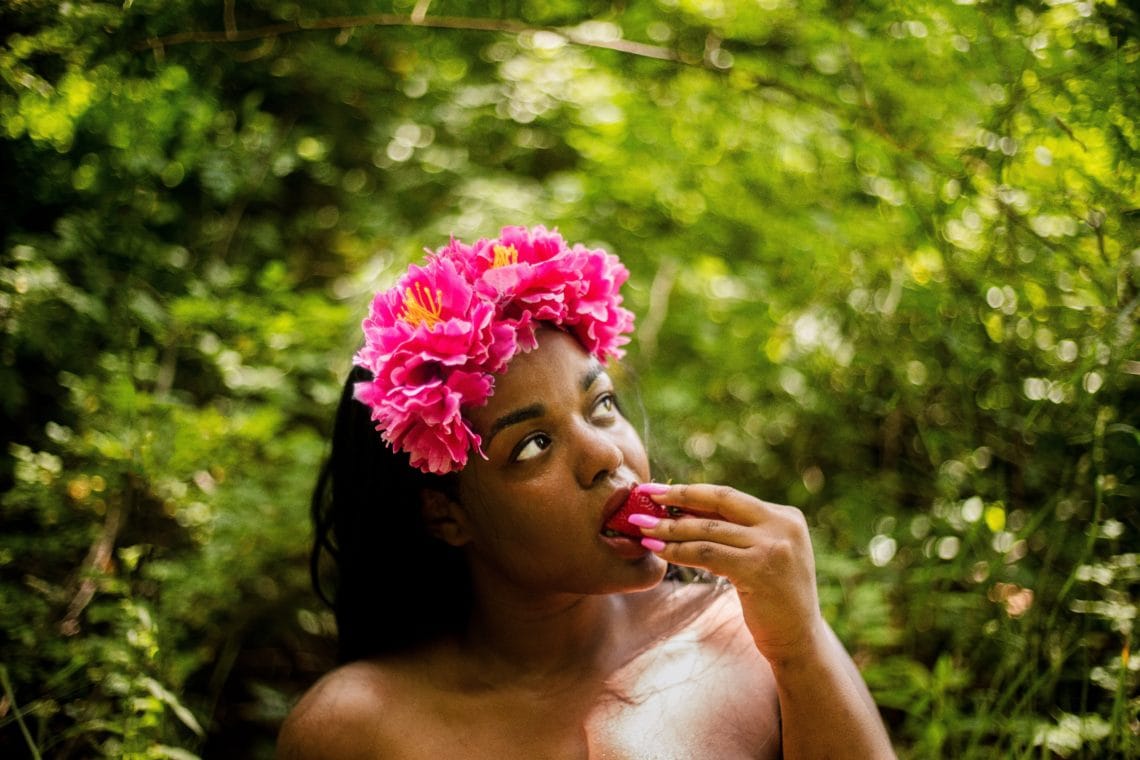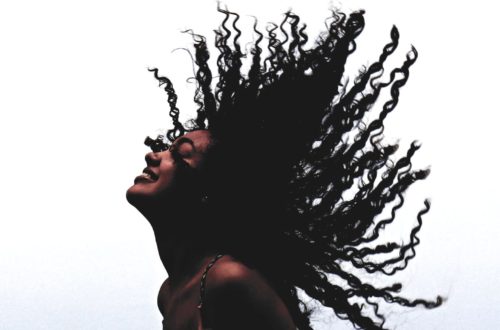
Hydration vs. Moisture: Is There a Difference?
We tend to use the words hydration and moisture interchangeably, but is this appropriate?
When you feel your hair is dry, is your first thought to grab a product or to seek water to replenish your strands? I know a lot of products use terms like “moisture-rich” and “hydrating,” but are these products the answer for your “thirsty curls”?
Have you ever wondered about effective strategies for increasing the hydration levels of your hair? Are you still trying to figure out what the deal is with moisturizers and what kind of ingredients you should look for in a quality product?
If you’ve ever asked yourself any of these questions before, you’re in luck! Today, we’re taking a closer look at hydration and moisture, learning what they mean, and the best practices for achieving both.
Hydration vs. moisture
Before we get right into products and what we should be looking for, let’s first take a closer look at the definitions of hydration and moisture. While the descriptions can sound similar, they are not the same and can be the source of confusion when determining what practices are right for you.
Hydration
Hydration is the process of replacing water in the body. When applying this definition to hair care, it is the same. The critical ingredient required for hydration is water. The methods for hydrating the body include:
- Drinking water and fluids (those that contain water)
- Consuming foods that contain water
When the body is adequately hydrated, your hair and skin will benefit as well. Hydration causes the hair to have sheen or shine and improves the manageability of your hair strands.
A great source of hydration for your hair strands is through the routine shampooing and cleansing of the hair. As discussed in my post on pH, shampoos, with their slightly alkaline pH, will raise the cuticle layer allowing the absorption of water into the inner layer of the hair strands. Routinely repeating the shampoo process helps maintain the hydration levels of your hair.
Moisture
Moisture is the presence of a liquid (mostly water) in the environment in the form of a vapor. This definition is not as straight forward as hydration, but a more precise example is that of humidity where water is present in the air. It can also refer to the presence of water in the products you use or the foods you eat. Your hair can absorb moisture from the air in humid conditions and can release its moisture in dryer conditions.
When applying this definition to hair care, it refers to the presence of water in the hair. The purpose of moisturizers or products that claim to moisturize the hair is to prevent the loss of water.
The primary factor for your hair’s moisture is still water, and products that claim to add moisture or moisturize the hair should all contain water.
Moisturizing ingredients can be present in shampoos, conditioners, leave-ins, and stylers, along with other components designed to help lock in water. Maximizing the effectiveness of your moisturizers requires that your hair be damp and, and that one of the first ingredients in your product is water.
Let’s make it all make sense.
In hair care, hydration and moisture are not the same things. Terms like hydrating and moisturizing are used interchangeably on some product labeling, which can be confusing.
Hydration comes from water (Period). It is necessary for a healthy body, skin, and hair. The ways to achieve hydration, for your hair, are through the consumption of water and water-containing substances and the exposure of your hair to water via the cleansing process.
Moisture refers to the presence of water in something. In hair care, moisturizers prevent your hair from losing water. A variety of products contain moisturizing ingredients. You can use products labeled as moisturizers to help lock in moisture. Remember, your product needs to include water, and your hair should be hydrated to get the best results.
Make sure you check back next week for more information on moisturizers and their key ingredients.
To learn more about healthy hair practices, high-quality products, and how to simplify your natural hair routine, visit us today and let’s strike up a curly conversation.





One Comment
Pingback: